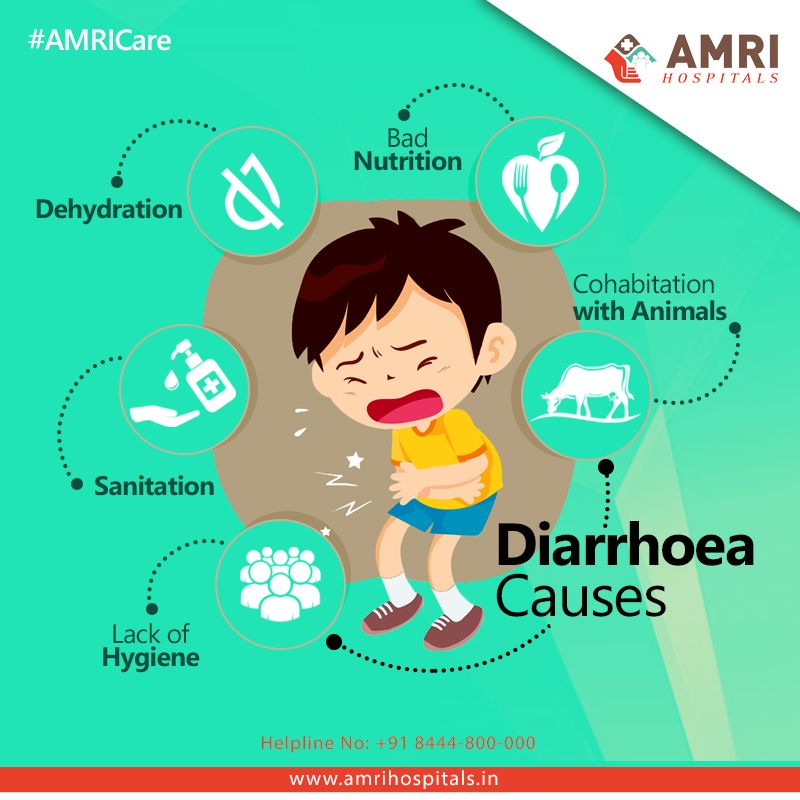Helping people with schizophrenia
Someone I love has been diagnosed with schizophrenia. How can I help?
Author: Canadian Mental Health Association, BC Division
We naturally want to help a loved one who isn’t feeling well. How we can or should help may seem fairly obvious when a loved one experiences a physical health problem, but many people say they’re not sure how to best help when a loved one experiences a mental illness like schizophrenia. Here are some tips:
Educate yourself
You don’t have to be an expert in schizophrenia, but learning more can help you understand what’s going on. There are a lot of myths about schizophrenia, so it’s a good idea to find some trustworthy resources. Our Schizophrenia info sheet is a great place to start. You can also find a lot of information from the BC Schizophrenia Society.
Listen
Sometimes talking about problems or concerns can really help. It’s important to understand that talking about something difficult like experiences of schizophrenia can be very hard for your loved one—and the symptoms of schizophrenia can also make conversations difficult. If a loved one opens up to you, listen actively—that is, without distractions like your phone or the TV. Really pay attention to what they have to say. Give them time to finish their thoughts, even if it takes a bit longer than usual. Listen with empathy and without judgement. Even if you don’t understand the problem or you see the problem in a different way, your main concern is the distress or difficult feelings your loved one is experiencing. You can find in-depth tips on listening and communicating well in Module Three of the Family Toolkit. Some people are not ready to talk about everything at once, or at all. That’s okay! Respect your loved one’s boundaries and let them tell you when they’re ready to talk.
Use empathy, not arguments.
Symptoms of schizophrenia like hallucinations (sensations that aren’t real, like hearing voices) or delusions (beliefs that can’t be true, like believing that you are being followed by a spy) can take some time to stop even when people are receiving treatment and following their treatment plan.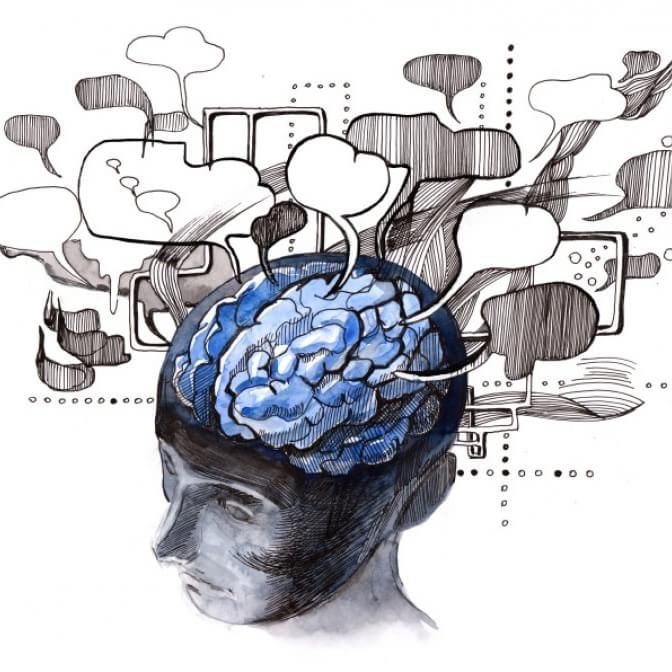 As a group, these very distressing symptoms are called psychosis. Many people have a hard time responding to a loved one’s hallucinations or delusions. It’s best to avoid arguing about these experiences. Remember that delusion are symptoms of schizophrenia—they are not thoughts that you can talk someone out of. Telling someone that their experiences aren’t real or aren’t true doesn’t help when the experiences feel very real to that person! A better approach is to empathize with the feelings that hallucinations or delusions bring up—without confirming or denying the hallucination or delusion. For example, if a loved one is frustrated or upset when they hear voices, it isn’t helpful to say something like, “You’re okay! It isn’t real. I don’t hear anything.” Instead, you might say, “I can only image how upsetting that voice must be. I can see the voice makes you feel scared.” Know that with good treatment and support, symptoms like hallucinations and delusions become much easier for people to manage and lose importance.
As a group, these very distressing symptoms are called psychosis. Many people have a hard time responding to a loved one’s hallucinations or delusions. It’s best to avoid arguing about these experiences. Remember that delusion are symptoms of schizophrenia—they are not thoughts that you can talk someone out of. Telling someone that their experiences aren’t real or aren’t true doesn’t help when the experiences feel very real to that person! A better approach is to empathize with the feelings that hallucinations or delusions bring up—without confirming or denying the hallucination or delusion. For example, if a loved one is frustrated or upset when they hear voices, it isn’t helpful to say something like, “You’re okay! It isn’t real. I don’t hear anything.” Instead, you might say, “I can only image how upsetting that voice must be. I can see the voice makes you feel scared.” Know that with good treatment and support, symptoms like hallucinations and delusions become much easier for people to manage and lose importance.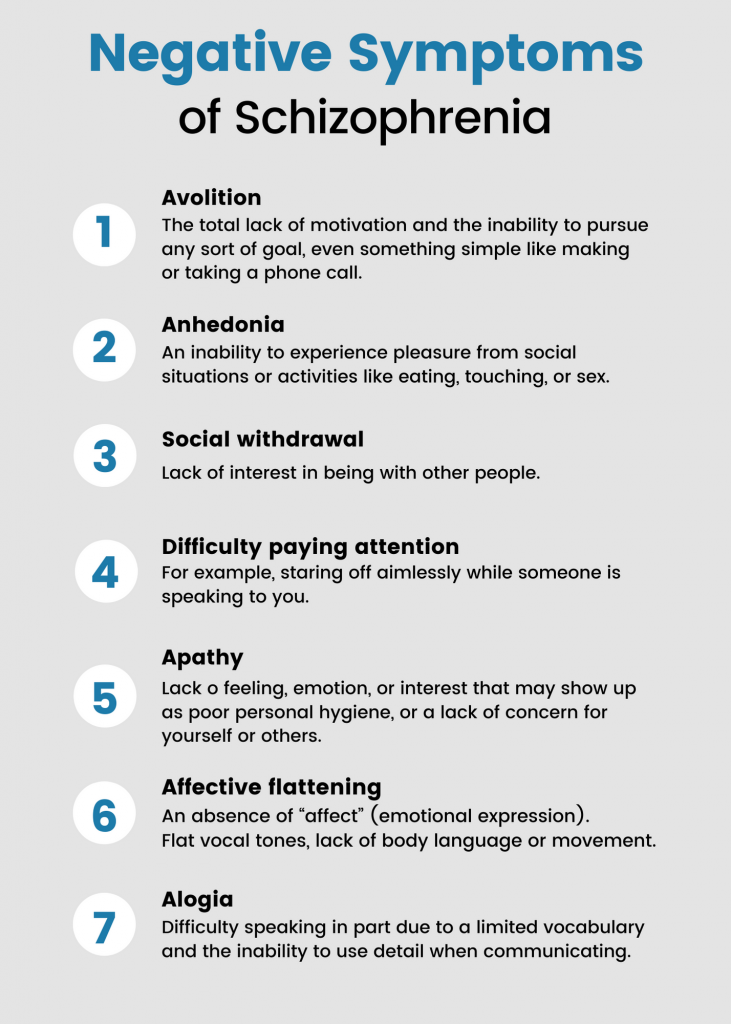
Ask how you can help. When people experience a serious mental illness like schizophrenia, they may want to plan how they can take action if they start to feel unwell again, especially if they have dependent children. These plans, such as advanced directives or Ulysses Agreements, are made when a person feels well and are meant to communicate their wishes to loved ones and their care team. Ask your loved one if they have a plan in place so you know what they need if they need help. If you’d like to learn more about planning for care, see the BC Schizophrenia Society.
If a loved one is experiencing an episode of psychosis or is recovering for an episode of psychosis, they might need extra help. For example, people who are actively experiencing hallucinations or delusions might need a lot of personal space and feel uncomfortable being around a lot of people or even making eye contact. When people are recovering from an episode of psychosis, they may need a quiet space and a lot of rest. Sometimes people can get back into their usual routines fairly quickly, while other times it may take a lot of time (and effort) to get back into routines. Keep in mind that too much help can be a bit counterproductive. It may well be faster and easier for you to take care of your loved one’s tasks or chores yourself, but rebuilding activity and confidence are a big part of recovery. Encourage and support your loved one as they take on daily responsibilities, and let them tell you when they need extra help.
Sometimes people can get back into their usual routines fairly quickly, while other times it may take a lot of time (and effort) to get back into routines. Keep in mind that too much help can be a bit counterproductive. It may well be faster and easier for you to take care of your loved one’s tasks or chores yourself, but rebuilding activity and confidence are a big part of recovery. Encourage and support your loved one as they take on daily responsibilities, and let them tell you when they need extra help.
Don’t take it personally
Schizophrenia can be a difficult illness—for everyone. During episodes of psychosis, your loved one may experience frightening sensations that you can’t understand. They may act in ways that you don’t understand. Other symptoms of schizophrenia can make it hard for people to express emotions or feelings, communicate clearly, or seem interested in others. It’s important to know that these are symptoms of an illness. They are no one’s fault, but they can still be hard to cope with. Consider reaching out to a family and friends support group for your own support. The BC Schizophrenia Society has a directory of groups around BC at www.bcss.org/monthly-meetings-calendar/.
Consider reaching out to a family and friends support group for your own support. The BC Schizophrenia Society has a directory of groups around BC at www.bcss.org/monthly-meetings-calendar/.
Take care of yourself, too
As a family member, it’s important to take care of yourself. Try to maintain your regular schedule and activities, such as your exercise routine and hobbies. Ask another family member or good friend to provide help with caregiving, especially in the early days of your loved one's illness. If you need help balancing time for self-care with caregiving duties, check out the BC Schizophrenia Society’s Family Respite Program.
Maintain your social network
Try to maintain your friendships or the network of people that you have in your life. These will later become important supports as your loved one recovers. Educate them and update them on your loved one's recovery. People are sometimes afraid to ask questions about schizophrenia and this will put them at ease.
Encourage your loved one to keep up with their treatment and recovery plan
This is very important! You are not responsible for your loved one’s treatment (unless your loved one is your child under 19), but you can support them. Schizophrenia can make it difficult for people to make and go to appointments and follow their treatment plan. With your loved one’s permission, you may choose to help by reminding them of appointments, taking them to appointments, or whatever helps in your situation. If your loved one isn’t happy with their treatment or would like to try a new approach, you can encourage them to talk with their care team, like their doctor or mental health team—it can be dangerous to stop or change a treatment without a doctor’s support.
Treatment can be a difficult area for loved ones. It’s hard to see someone you love in pain. You might be scared of the things your loved one is experiencing. You want to help. But in order for any treatment to work, your loved one needs to be active in their care.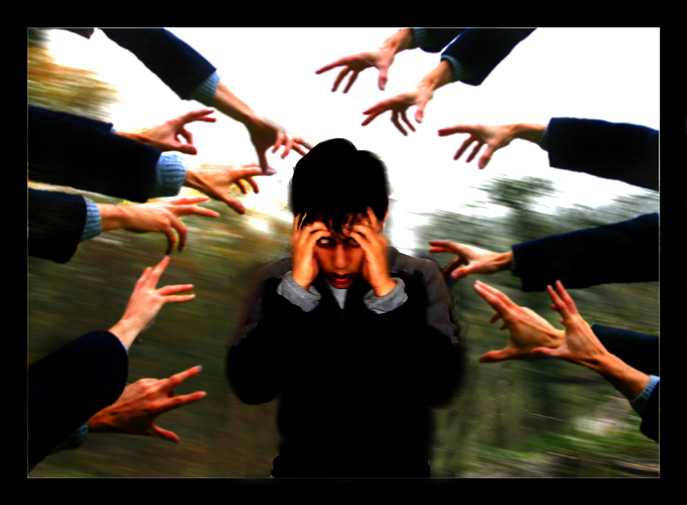 Forcing or threatening treatment generally doesn’t work (or if it does, in the case of an emergency, only for a short time) and can often hurt everyone involved. In most cases, anyone 19 years of age and older and not at risk of harm is free to make their own choices. And their choices may include refusing treatment or choosing a treatment that you disagree with. It helps everyone if you can be respectful and keep honest communication open between you. You can learn more about dealing with this situation in Q&A: An adult in my life seems ill and won’t find help. What can I do?.
Forcing or threatening treatment generally doesn’t work (or if it does, in the case of an emergency, only for a short time) and can often hurt everyone involved. In most cases, anyone 19 years of age and older and not at risk of harm is free to make their own choices. And their choices may include refusing treatment or choosing a treatment that you disagree with. It helps everyone if you can be respectful and keep honest communication open between you. You can learn more about dealing with this situation in Q&A: An adult in my life seems ill and won’t find help. What can I do?.
Take action if you think you or your loved one is in danger
If you think your loved one is at risk of harming themselves or others and they refuse help, it is possible to have them evaluated by a psychiatrist under the Mental Health Act. This process may involve police and other first responders, and it can be a difficult and stressful process for everyone. But it can also be a necessary step if someone is in danger.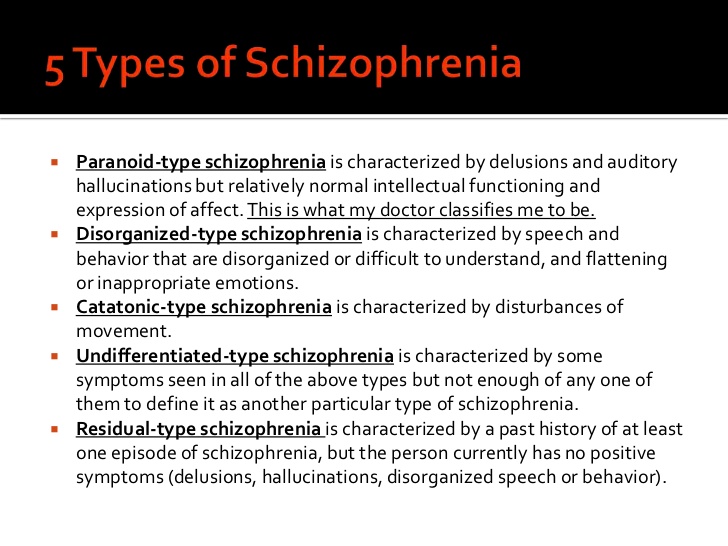 You can learn more about the Mental Health Act in the info sheet Families Coping with a Crisis and you can find the Guide to the Mental Health Act at www.health.gov.bc.ca/library/publications/year/2005/MentalHealthGuide.pdf. For a more in-depth discussion of the Mental Health Act, see a video with lawyer and health law consultation Gerrit Clements.
You can learn more about the Mental Health Act in the info sheet Families Coping with a Crisis and you can find the Guide to the Mental Health Act at www.health.gov.bc.ca/library/publications/year/2005/MentalHealthGuide.pdf. For a more in-depth discussion of the Mental Health Act, see a video with lawyer and health law consultation Gerrit Clements.
If your loved one says that they have thoughts of ending their life, it’s important to take action. Call 1-800-SUICIDE (1-800-784-2433) at any time or message online at www.crisiscentrechat.ca between noon and 1am. If you think your loved one is in immediate danger, you can always call 911 or go to a hospital emergency room.
Where can I learn more?
- Dealing with Psychosis: A Toolkit for Moving Forward with Your Life is aimed at people experiencing schizophrenia, but it has good information on symptoms and strategies for managing the illness. There is also a chapter for support people
- Helping a Friend You're Worried About info sheet
- Supporting a Friend or Family Member with a Mental Illness info sheet
- The Family Toolkit workbook—it has good information for anyone who is supporting someone they care about
- Family Self-Care and Recovery from Mental Illness workbook
- Preventing Relapse of a Mental Illness info sheet
About the author
The Canadian Mental Health Association promotes the mental health of all and supports the resilience and recovery of people experiencing a mental illness through public education, community-based research, advocacy, and direct services. Visit www.cmha.bc.ca.
Visit www.cmha.bc.ca.
© 2016 | Back to Q&A | Email us a question
Helping Someone with Schizophrenia - HelpGuide.org
schizophrenia
Have a loved one with schizophrenia? Your support can make a huge difference by helping them find the right treatment, cope with symptoms, and build a rich, satisfying life.
When a loved one has schizophrenia
The love and support of family and friends plays an important role in schizophrenia treatment and recovery. If you have a loved one with schizophrenia, you may be struggling with any number of difficult emotions, including fear, guilt, anger, and frustration. You may feel helpless in the face of your loved one’s symptoms, worried about the stigma of schizophrenia, or confused and embarrassed by their strange behaviors. You may even be tempted to hide your loved one’s illness from others.
But it’s important to remember that a diagnosis of schizophrenia is not a life-sentence. Recovery is possible, especially with your love and support.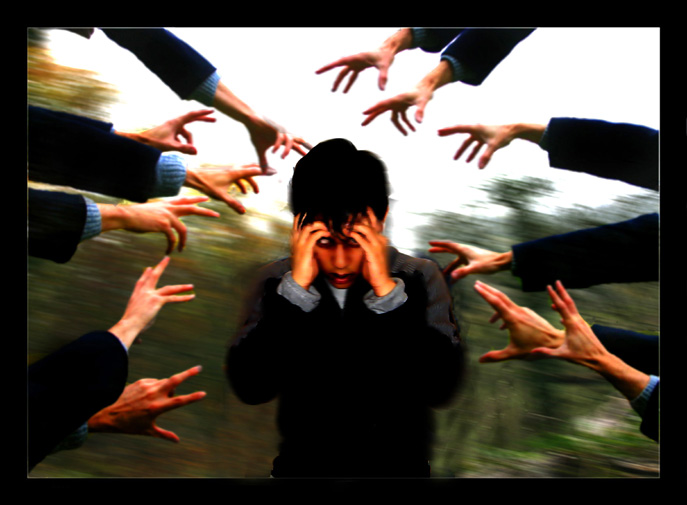 To help someone with schizophrenia, it’s crucial you:
To help someone with schizophrenia, it’s crucial you:
- Accept the illness and its difficulties.
- Not buy into the myth that someone with schizophrenia can't get better or live a full and meaningful life.
- Do your best to help your loved one feel better and enjoy life.
- Pay attention to your own needs.
- Maintain your sense of humor and remain hopeful.
While dealing with a loved one’s schizophrenia can be challenging, the following strategies can help you guide your loved one on the road to recovery without losing sight of your own hopes and dreams.
Helping someone with schizophrenia tip 1: Encourage treatment and self-help
Encouraging treatment and self-help is a cornerstone of helping a loved one with schizophrenia. While medication is an important element of schizophrenia treatment, your loved one's recovery depends on other factors as well. Self-help strategies such as changing to a healthy diet, managing stress, exercising, and seeking social support can have a profound effect on your loved one's symptoms, feelings, and self-esteem. And the more someone does for themselves, the less hopeless and helpless they'll feel, and the more likely their doctor will be able to reduce their medication. Your encouragement and support can be crucial to your loved one starting and continuing a program of self-help.
And the more someone does for themselves, the less hopeless and helpless they'll feel, and the more likely their doctor will be able to reduce their medication. Your encouragement and support can be crucial to your loved one starting and continuing a program of self-help.
[Read: How to Help Someone with Mental Illness Accept Treatment]
Starting treatment
Often, the first challenge of treatment is convincing the person with schizophrenia to see a doctor. To people experiencing delusions, hallucinations, and paranoia, there is no need for medical intervention because the voices and conspiracy theories are real.
If a loved one with schizophrenia is reluctant to see a doctor, try to:
Provide options. Your loved one may be more willing to see a doctor if he or she has some control over the situation. If your relative appears suspicious of you, suggest that another person accompany them to the appointment. You can also give your loved one a choice of doctors.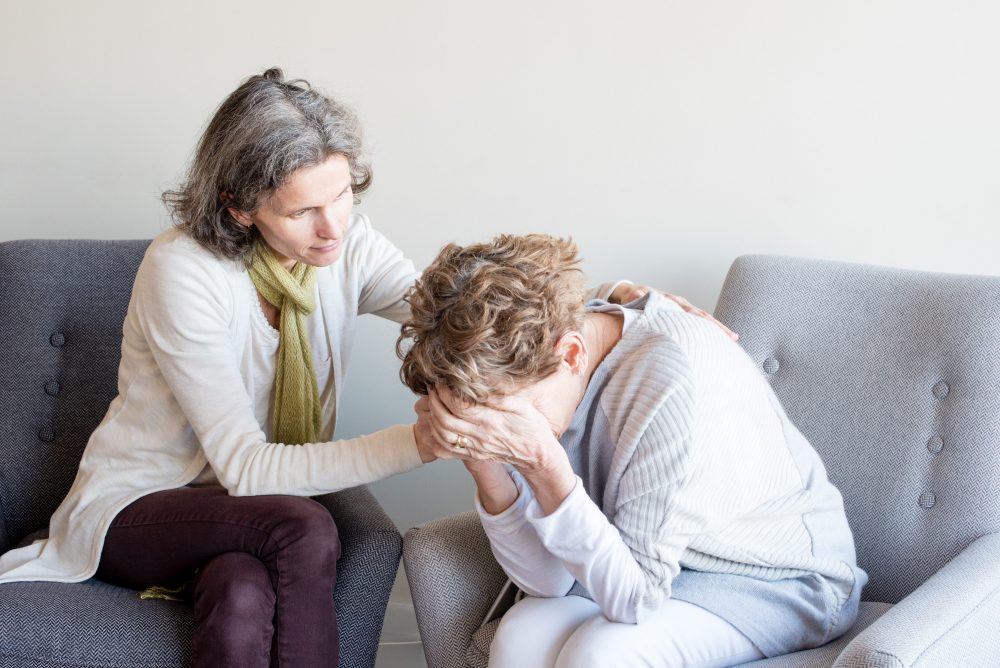
Focus on a particular symptom. Someone with schizophrenia may resist seeing a doctor out of fear of being judged or labeled “crazy.” You can make the doctor less threatening by suggesting a visit in order to deal with a specific symptom such as insomnia or lack of energy.
Tip 2: Build your support network
To better support and care for someone with schizophrenia, you need to find help, encouragement, and understanding from others. The more support you have, the better it will be for both you and your loved one.
Recognize your own limits. Be realistic about the level of support and care you can provide. You can't do it all, and you won't be much help to a loved one if you're exhausted, so seek help where you can.
Join a support group. Meeting others who know first-hand what you're going through can help reduce feelings of isolation and fear. Support groups provide an invaluable venue for the relatives of people with schizophrenia to share experiences, advice, and information.
Turn to trusted friends and family members. Ask loved ones if you can call on them for support. Most people will be flattered by your request.
Seek out new friends. If you don't feel that you have anyone to turn to, it's never too late to build new friendships and improve your support network.
Take advantage of support services. Ask your loved one's doctor or therapist about respite services and other support available in your area, or contact local hospitals and mental health clinics.
Affordable private online therapy. Get instant help, on any device, wherever you are in the world. Start feeling better today!
GET 20% OFF
With over 25,000 licensed counselors, BetterHelp has a therapist that fits your needs. Sign up today and get matched.
GET 20% OFF
Get professional online counseling for relationship or marital issues. It’s confidential, convenient, and easy to get started.
GET 20% OFF
Tip 3: Monitor medication
Once in treatment, careful monitoring can ensure that your loved one stays on track and gets the most out of medication.
Take side effects seriously. Many people with schizophrenia stop taking their medication because of side effects. Bring any distressing side effects to the attention of the doctor, who may be able to reduce the dose, switch to another antipsychotic, or add medication to counter the side effect.
Encourage your loved one to take medication regularly. Even with side effects under control, some people with schizophrenia refuse medication or have trouble remembering their daily dose. Medication reminder apps, weekly pillboxes, and calendars can help. Some medications are available as long-lasting weekly or monthly injections instead of daily pills.
Be careful to avoid drug interactions. Help your loved one avoid any dangerous drug interactions by giving the doctor a complete list of the drugs and supplements they're taking. Mixing alcohol or illegal drugs with schizophrenia medication is harmful, so talk to the doctor if your relative has a substance abuse problem.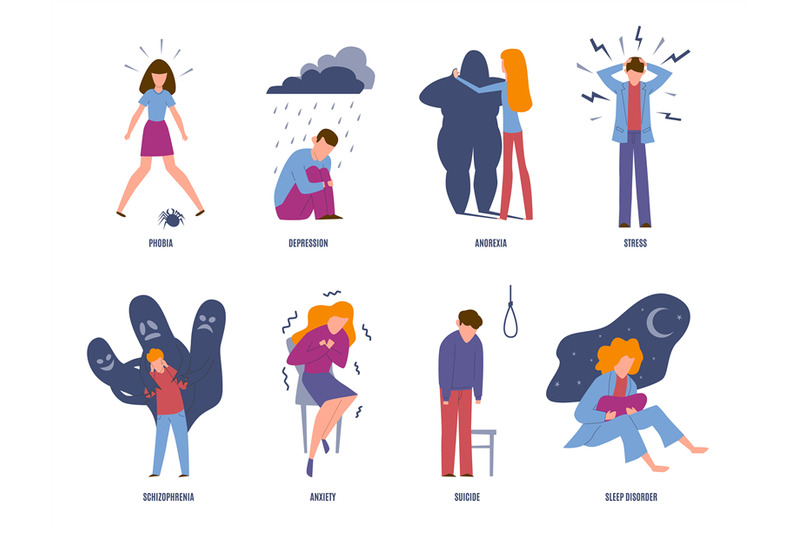
Track your family member's progress. A mood-tracking app, journal, or diary is a good way to track changes in your family member's behavior, outlook, and other symptoms in response to medication.
Stopping medication is the most frequent cause of relapse in schizophrenia, so it's extremely important that your family member continues to take all medication as directed. While relapse can occur even if a person is taking medication as prescribed, you may be able to prevent a full-blown crisis by recognizing the warning signs and taking immediate steps.
Common warning signs of schizophrenia relapse
- Insomnia
- Social withdrawal
- Deterioration of personal hygiene
- Increasing paranoia
- Hostility
- Confusing or nonsensical speech
- Strange disappearances
- Hallucinations
If you notice any warning signs of relapse or other indications that your family member's symptoms of schizophrenia are getting worse, call the doctor right away.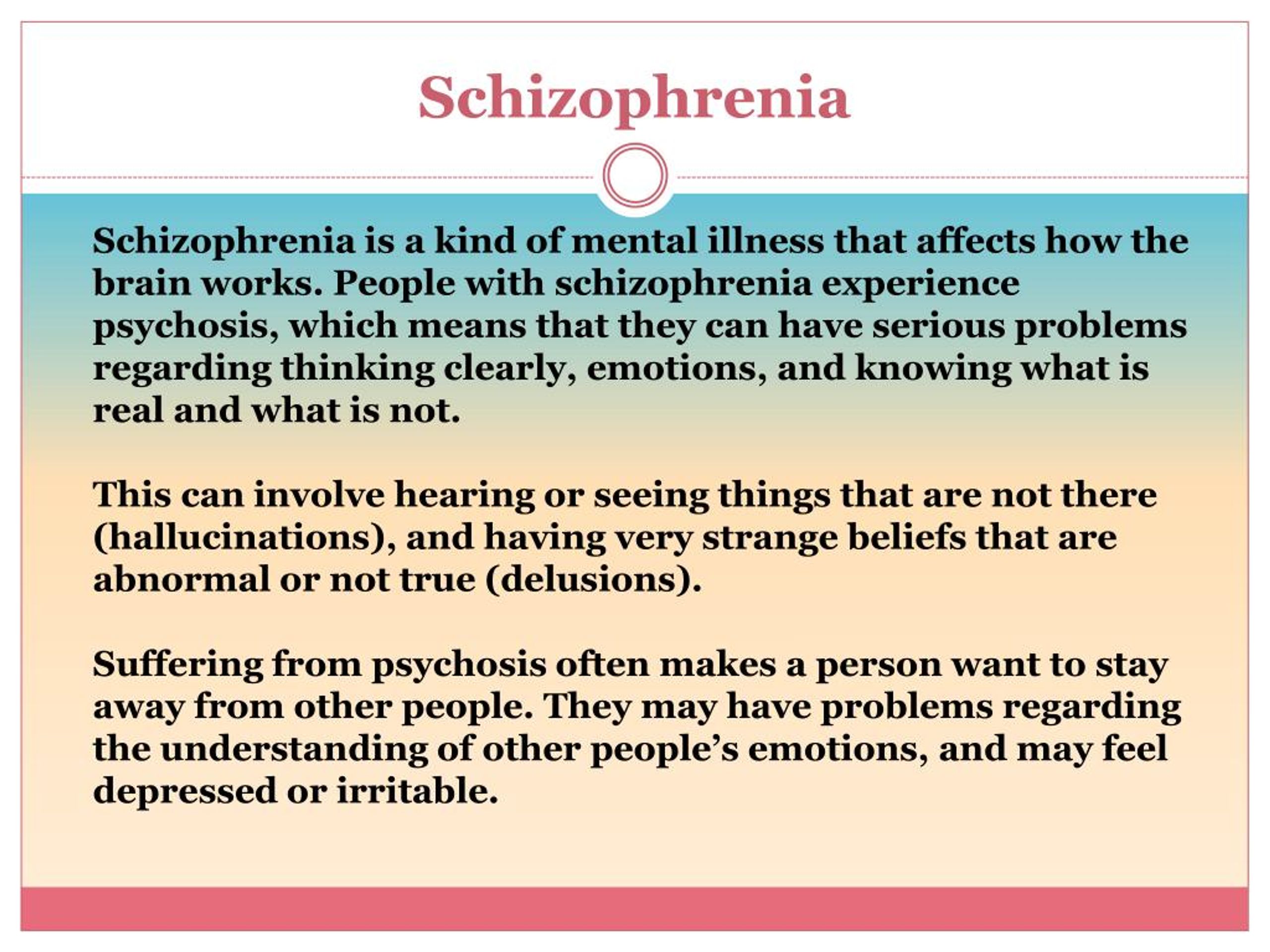
Tip 5: Prepare for crisis situations
Despite your best efforts to prevent relapse, there may be times when your loved one's condition deteriorates rapidly and hospitalization is required to keep them safe. Having an emergency plan ready for an acute psychotic episode will help you handle the crisis safely and quickly. A good emergency plan for someone with schizophrenia includes:
- Emergency contact information for your loved one's doctor and therapists.
- The address and phone number of the hospital you will go to for psychiatric admission.
- Friends or relatives who will take care of other children or dependents while you deal with the crisis.
It's also wise to go over the emergency plan with your family member. The crisis situation may be less frightening to your loved one if they know what to expect during an emergency.
Tip 6: Explore housing options
Someone with schizophrenia needs a stable, supportive place to live, but finding the right living situation can be challenging.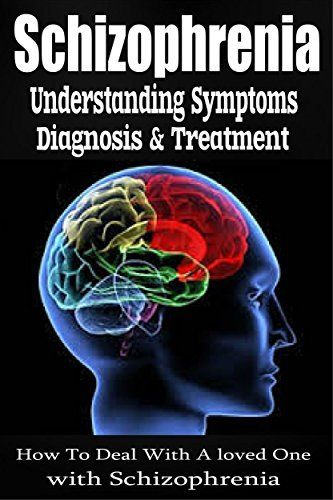
- Can your loved one care for themselves?
- How much support do they need with daily activities?
- Does your loved one have a drug or alcohol problem?
- How much treatment supervision does your loved one require?
Living with family
Living with family can be a good option for someone with schizophrenia if their family members understand the illness well, have a strong support system of their own, and are able to provide whatever assistance is needed.
At-home arrangements are less likely to be successful if the person with schizophrenia uses drugs or alcohol, resists taking medication, or is aggressive or uncooperative.
| Choosing the Right Housing Option for Someone with Schizophrenia |
| Living with family works best if: |
|
| Living with family is not advised if: |
|
Try not to feel guilty if you are unequipped to house someone with schizophrenia. If you can't look after your own needs or those of other family members while caring for your loved one, they will be better off elsewhere.
Residential options outside the family home
If an at-home living arrangement isn't the right fit, explore the residential facilities in your community.
Options in your area may include:
Residential treatment facilities or 24-hour care homes. A more structured living environment for those requiring greater assistance or suffering an acute psychotic episode.
Transitional group home. An intensive program that helps individuals transition back into society and avoid relapse after a crisis or hospitalization.
Foster or boarding homes. A group living situation offering a degree of independence, while providing meals and other basic necessities.
Supervised apartments. Residents live alone or share an apartment, with staff members available on-site to provide assistance and support.
Tip 7: Take care of yourself
Taking care of yourself isn't selfish. In fact, it's just as important for your loved one with schizophrenia that you look after your own health needs.
Schizophrenia can place an incredible amount of stress on the family. It can take over your life and burn you out. And if you're stressed, you'll make the person with schizophrenia stressed and trigger or exacerbate their symptoms.
It can take over your life and burn you out. And if you're stressed, you'll make the person with schizophrenia stressed and trigger or exacerbate their symptoms.
Since adopting healthy lifestyle habits is also important for your loved one in managing schizophrenia symptoms, by taking care of your own health you can act as a role model. You may even be able to pursue some of these steps together, helping to motivate and encourage each other.
Connect with others. Social interaction with someone who cares about you is the most effective way to relieve stress. It's important for both you and the person with schizophrenia to have other people you can connect with face-to-face—someone you can talk to for an uninterrupted period of time, someone who will listen without judging or continually becoming distracted. That person may be a friend, family member, clergy member, or professional therapist.
Get regular exercise. Physical activity reduces stress and releases endorphins, powerful chemicals in your brain that energize your spirits and make you feel good. Whether you exercise alone, with a friend, or with your loved one with schizophrenia, aim for 30 minutes of activity on most days, or if it's easier, three 10-minute sessions.
Whether you exercise alone, with a friend, or with your loved one with schizophrenia, aim for 30 minutes of activity on most days, or if it's easier, three 10-minute sessions.
Eat a healthy diet. What you eat has a direct impact on the way you feel. Minimize sugar and refined carbs, foods that quickly lead to a crash in mood and energy. Boost your intake of Omega-3 fatty acids from fatty fish, fish oil, walnuts, and flaxseeds to help improve your focus, energy, and outlook. The same diet tips can help manage your loved one's symptoms, too.
Practice acceptance. Instead of dwelling on the unfairness of your loved one's diagnosis, accept your feelings, even the negative ones. It can make a huge difference in your ability to manage stress and balance your moods. See HelpGuide's Emotional Intelligence Toolkit for more.
Seek out joy. Making time for fun isn't indulgent—it's necessary. Schedule time into your day for things you enjoy, whether it's spending time in nature, visiting friends, or reading a good book. Encourage your loved one with schizophrenia to do the same.
Encourage your loved one with schizophrenia to do the same.
Look after your health. Neglecting your health will only add to the stress in your life. Get enough sleep and stay on top of any medical conditions.
Use relaxation techniques. Techniques such as meditation, deep breathing, yoga, or progressive muscle relaxation can put the brakes on stress and bring your mind and body back into balance.
ADVERTISEMENT
Authors: Melinda Smith, M.A., Lawrence Robinson, and Jeanne Segal, Ph.D.
- References
Schizophrenia Spectrum and Other Psychotic Disorders. (2013). In Diagnostic and Statistical Manual of Mental Disorders. American Psychiatric Association.
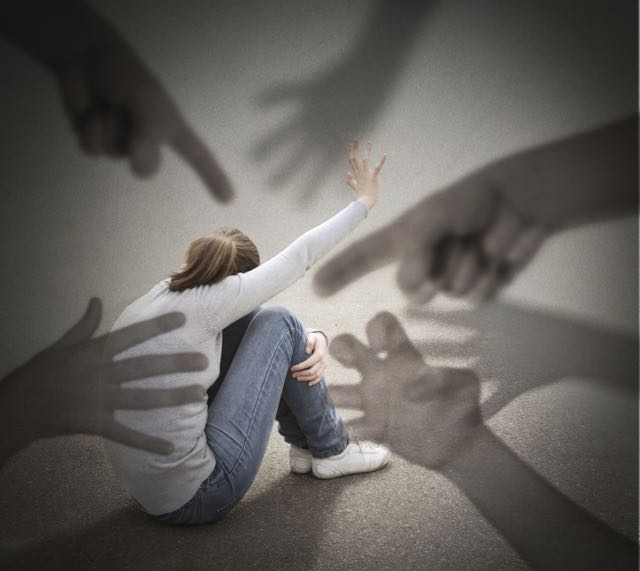 https://doi.org/10.1176/appi.books.9780890425787.x02_Schizophrenia_Spectrum
https://doi.org/10.1176/appi.books.9780890425787.x02_Schizophrenia_SpectrumPilling, S., P. Bebbington, E. Kuipers, P. Garety, J. Geddes, G. Orbach, and C. Morgan. “Psychological Treatments in Schizophrenia: I. Meta-Analysis of Family Intervention and Cognitive Behaviour Therapy.” Psychological Medicine 32, no. 5 (July 2002): 763–82. https://doi.org/10.1017/s0033291702005895
Lloyd, Joanne, Helen Lloyd, Ray Fitzpatrick, and Michele Peters. “Treatment Outcomes in Schizophrenia: Qualitative Study of the Views of Family Carers.” BMC Psychiatry 17, no. 1 (July 21, 2017): 266. https://doi.org/10.1186/s12888-017-1418-8
Ganguly, Pronab, Abdrabo Soliman, and Ahmed A. Moustafa. “Holistic Management of Schizophrenia Symptoms Using Pharmacological and Non-Pharmacological Treatment.” Frontiers in Public Health 6 (2018): 166. https://doi.org/10.3389/fpubh.2018.00166
Knight, Edward L. “Self-Help and Serious Mental Illness.” Medscape General Medicine 8, no.
 1 (March 15, 2006): 68. https://www.ncbi.nlm.nih.gov/pmc/articles/PMC1681955/
1 (March 15, 2006): 68. https://www.ncbi.nlm.nih.gov/pmc/articles/PMC1681955/“Self-Management: The Experiences and Views of Self-Management of People with a Diagnosis of Schizophrenia – Social Care Online.” Accessed November 2, 2021. https://www.scie-socialcareonline.org.uk/self-management-the-experiences-and-views-of-self-management-of-people-with-a-diagnosis-of-schizophrenia/r/a11G00000017tP5IAI
Stępnicki, Piotr, Magda Kondej, and Agnieszka A. Kaczor. “Current Concepts and Treatments of Schizophrenia.” Molecules: A Journal of Synthetic Chemistry and Natural Product Chemistry 23, no. 8 (August 20, 2018): 2087. https://doi.org/10.3390/molecules23082087
Patel, Krishna R., Jessica Cherian, Kunj Gohil, and Dylan Atkinson. “Schizophrenia: Overview and Treatment Options.” Pharmacy and Therapeutics 39, no. 9 (September 2014): 638–45. https://www.ncbi.nlm.nih.gov/pmc/articles/PMC4159061/
Biagianti, Bruno, Sophia H. Quraishi, and Danielle A. Schlosser.
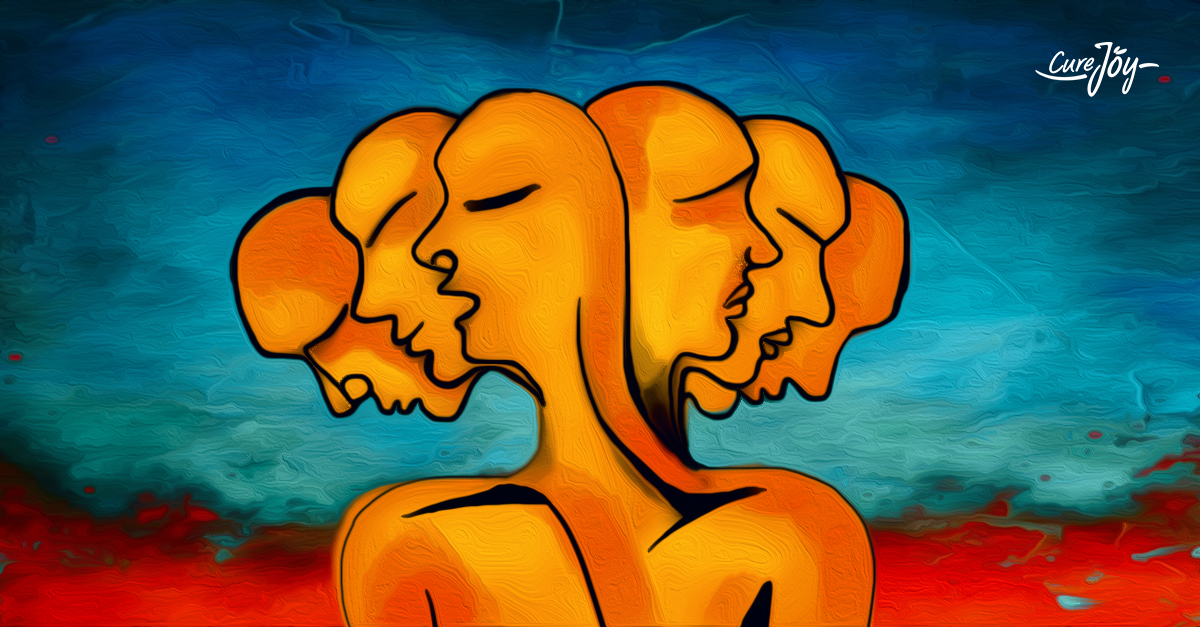 “Potential Benefits of Incorporating Peer-to-Peer Interactions Into Digital Interventions for Psychotic Disorders: A Systematic Review.” Psychiatric Services 69, no. 4 (April 1, 2018): 377–88. https://doi.org/10.1176/appi.ps.201700283
“Potential Benefits of Incorporating Peer-to-Peer Interactions Into Digital Interventions for Psychotic Disorders: A Systematic Review.” Psychiatric Services 69, no. 4 (April 1, 2018): 377–88. https://doi.org/10.1176/appi.ps.201700283
Schizophrenia: The Journey to Recovery (PDF) – Family guide to schizophrenia assessment and treatment. (Schizophrenia Society of Canada)
60 Tips for Helping People who have Schizophrenia – Tips for communicating with someone who has schizophrenia, handling a crisis, and avoiding relapses. (Schizophrenia.com)
Finding a Good Residential Option for Someone with Severe Mental Illness – Provides suggestions for choosing the right living arrangement for someone with schizophrenia. (Schizophrenia.com)
Helplines and support
In the U.S.: Call 1-800-950-6264 or visit NAMI.org
UK: Call 0300 5000 927 or visit Rethink: Schizophrenia
Australia: Call 1800 18 7263 or visit Sane Australia
Canada: Visit Schizophrenia Society of Canada for links to regional societies that offer helplines and local services
India: Call the Vandrevala Foundation Helpline at 1860 2662 345 or 1800 2333 330
Around the web
Last updated: October 24, 2022
Schizophrenia
Schizophrenia- Popular Topics
- Air pollution
- Coronavirus disease (COVID-19)
- Hepatitis
- Data and statistics »
- News bulletin
- The facts are clear
- Publications
- Find Country »
- A
- B
- C
- D
- E
- e
- ё 9000
- x
- C
- h
- Sh
9000 WHO in countries » - Reporting
- Regions »
- Africa
- America
- Southeast Asia
- Europe
- Eastern Mediterranean
- Western Pacific
- Media Center
- Press releases
- Statements
- Media messages
- Comments
- Reporting
- Online Q&A
- Developments
- Photo reports
- Questions and answers
- Update
- Emergencies "
- News "
- Disease Outbreak News
- WHO Data »
- Dashboards »
- COVID-19 Monitoring Dashboard
- Basic moments "
- About WHO »
- CEO
- About WHO
- WHO activities
- Where does WHO work?
- Governing Bodies »
- World Health Assembly
- Executive committee
- Main page/
- Media Center /
- Newsletters/
- Read more/
- Schizophrenia
Key Facts
- Schizophrenia is a severe mental disorder that affects approximately 24 million people, or 1 in 300 people worldwide.

- Schizophrenia causes psychosis, is associated with severe disability, and can negatively affect all areas of life, including personal, family, social, academic and work life.
- People with schizophrenia are often subject to stigma, discrimination and human rights violations.
- Globally, more than two thirds of people with psychosis do not receive specialized mental health care.
- There are a number of effective care options for patients with schizophrenia that can lead to a complete recovery of at least one in three patients.
Symptoms
Schizophrenia is characterized by significant disturbances in perception of reality and behavioral changes such as:
- persistent delusions: the patient has a persistent belief in the truth of certain things, despite evidence to the contrary;
- persistent hallucinations: the patient hears, sees, touches non-existent things and smells non-existent smells;
- sensation of external influence, control or passivity: the presence in the patient of the sensation that his feelings, impulses, actions or thoughts are dictated from outside, put in or disappear from consciousness by someone else's will, or that his thoughts are broadcast to others;
- disorganized thinking, often expressed in incoherent or pointless speech;
- Significant disorganization of behavior, which manifests itself, for example, in the performance by the patient of actions that may seem strange or meaningless, or in an unpredictable or inappropriate emotional reaction that does not give the patient the opportunity to organization of their behavior;
- "negative symptoms" such as extreme poverty of speech, smoothness of emotional reactions, inability to feel interest or pleasure, social autism; and/or
- Extreme agitation or, on the contrary, slowness of movements, freezing in unusual postures.

People with schizophrenia often also experience persistent cognitive or thinking problems that affect memory, attention, or problem-solving skills.
At least one third of patients with schizophrenia experience complete remission of symptoms (1). In some, periods of remission and exacerbation of symptoms follow each other throughout life, in others there is a gradual increase in symptoms.
Scope and impact
Schizophrenia affects approximately 24 million people, or 1 in 300 people (0.32%) worldwide. Among adults, the rate is 1 in 222 (0.45%) (2). Schizophrenia is less common than many other mental disorders. Onset is most common in late adolescence and between the ages of 20 and 30; while women tend to have a later onset of the disease.
Schizophrenia is often accompanied by significant stress and difficulties in personal relationships, family life, social contacts, studies, work or other important areas of life.
Individuals with schizophrenia are 2-3 times more likely to die early than the population average (2). It is often associated with physical illnesses such as cardiovascular disease, metabolic disease, and infectious disease.
It is often associated with physical illnesses such as cardiovascular disease, metabolic disease, and infectious disease.
Patients with schizophrenia often become the object of human rights violations both within the walls of psychiatric institutions and in everyday life. Significant stigmatization of people with this disease is a widespread phenomenon that leads to their social isolation and has a negative impact on their relationships with others, including family and friends. This creates grounds for discrimination, which in turn limits access to health services in general, education, housing and employment.
Humanitarian emergencies and health crises can cause intense stress and fear, disrupt social support mechanisms, lead to isolation and disruption of health services and supply of medicines. All these shocks can have a negative impact on the lives of people with schizophrenia, in particular by exacerbating existing symptoms of the disease. People with schizophrenia are more vulnerable during emergencies to various human rights violations and, in particular, face neglect, abandonment, homelessness, abuse and social exclusion.
Causes of schizophrenia
Science has not established any one cause of the disease. It is believed that schizophrenia may be the result of the interaction of a number of genetic and environmental factors. Psychosocial factors may also influence the onset and course of schizophrenia. In particular, heavy marijuana abuse is associated with an increased risk of this mental disorder.
Assistance services
At present, the vast majority of people with schizophrenia do not receive mental health care worldwide. Approximately 50% of patients in psychiatric hospitals are diagnosed with schizophrenia (4). Only 31.3% of people with psychosis get specialized mental health care (5). Much of the resources allocated to mental health services are inefficiently spent on the care of patients admitted to psychiatric hospitals.
Available scientific evidence clearly indicates that hospitalization in psychiatric hospitals is not an effective treatment for mental disorders and is regularly associated with the violation of the basic rights of patients with schizophrenia. Therefore, it is necessary to ensure the expansion and acceleration of work on the transfer of functions in the field of mental health care from psychiatric institutions to the level of local communities. Such work should begin with the organization of the provision a wide range of quality community-based mental health services. Options for community-based mental health care include integrating this type of care into primary health care and hospital care. general care, setting up community mental health centres, outpatient care centres, social housing with nursing care and social home care services. Involvement in the care process is important the patient with schizophrenia, his family members and members of local communities.
Therefore, it is necessary to ensure the expansion and acceleration of work on the transfer of functions in the field of mental health care from psychiatric institutions to the level of local communities. Such work should begin with the organization of the provision a wide range of quality community-based mental health services. Options for community-based mental health care include integrating this type of care into primary health care and hospital care. general care, setting up community mental health centres, outpatient care centres, social housing with nursing care and social home care services. Involvement in the care process is important the patient with schizophrenia, his family members and members of local communities.
Schizophrenia management and care
There are a number of effective approaches to treating people with schizophrenia, including medication, psychoeducation, family therapy, cognitive behavioral therapy, and psychosocial rehabilitation (eg life skills education).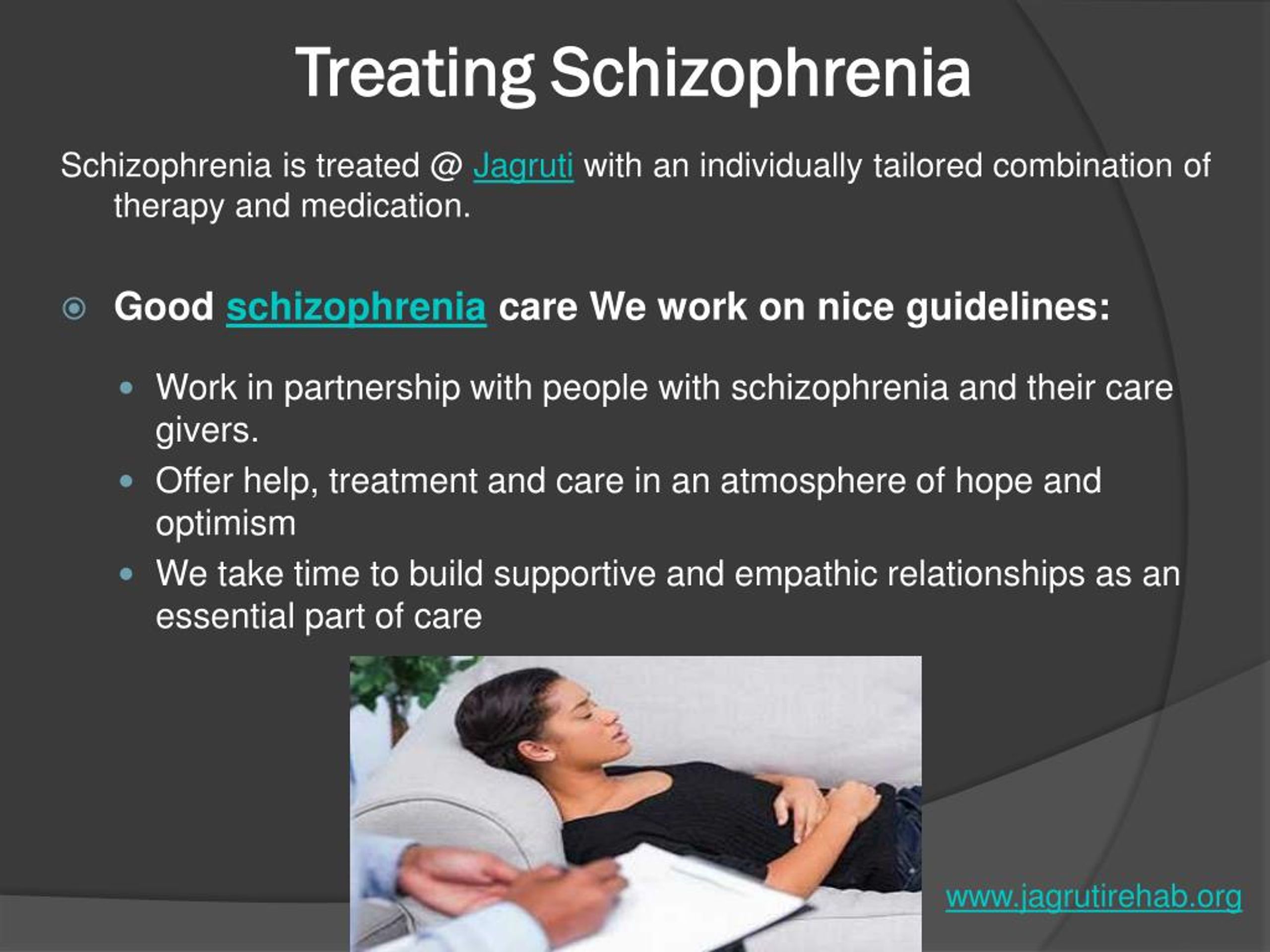 The most important interventions for helping people with schizophrenia are assisted living, special housing and employment assistance. It is extremely important for people with schizophrenia and their families and/or caregivers to a recovery-centered approach that empowers people to participate in decisions about their care.
The most important interventions for helping people with schizophrenia are assisted living, special housing and employment assistance. It is extremely important for people with schizophrenia and their families and/or caregivers to a recovery-centered approach that empowers people to participate in decisions about their care.
WHO activities
steps are in place to ensure that appropriate services are provided to people with mental disorders, including schizophrenia. One of the key recommendations The action plan is to transfer the function of providing assistance from institutions to local communities. WHO Special Mental Health Initiative aims to further progress towards the goals of the Comprehensive Plan mental health action 2013–2030 by ensuring that 100 million more people have access to quality and affordable mental health care.
The WHO Mental Health Gap Action Program (mhGAP) is working to develop evidence-based technical guidelines, tools and training packages to scale up services in countries, especially in low-resource settings.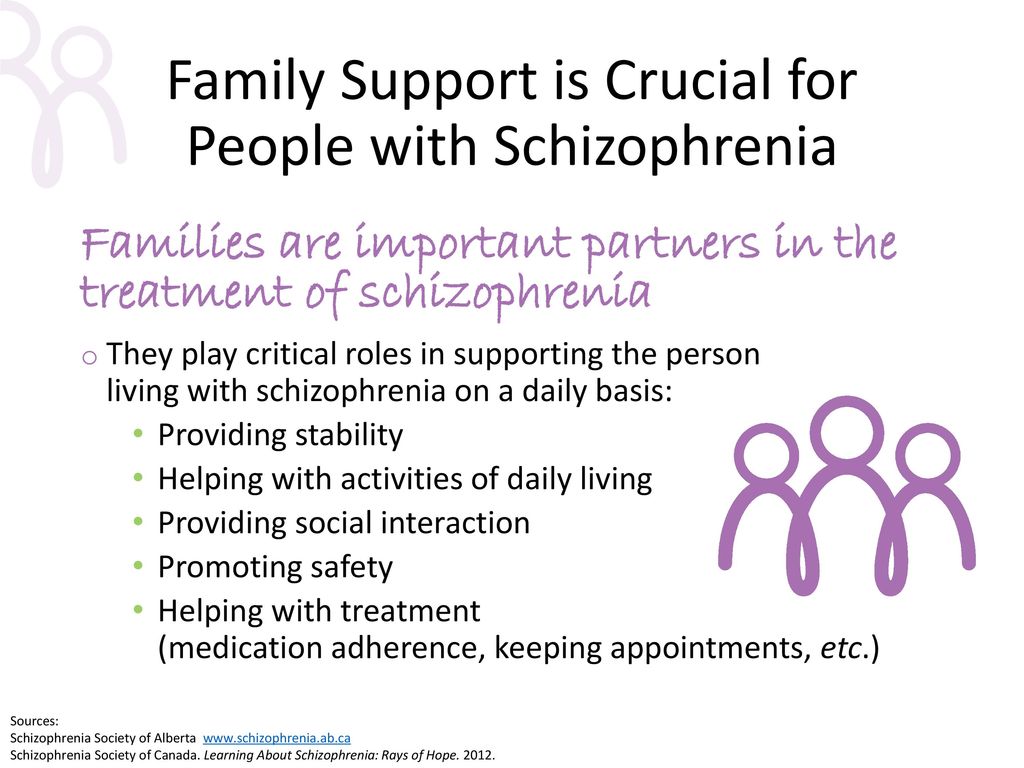 The program focuses on a priority list of mental health disorders, including psychosis, and aims to strengthen the capacity of non-specialized health workers in as part of an integrated approach to mental health care at all levels of care. To date, the mhGAP Program has been implemented in more than 100 WHO Member States.
The program focuses on a priority list of mental health disorders, including psychosis, and aims to strengthen the capacity of non-specialized health workers in as part of an integrated approach to mental health care at all levels of care. To date, the mhGAP Program has been implemented in more than 100 WHO Member States.
The WHO QualityRights project aims to improve the quality of care and better protect human rights in mental health and social care settings and to expand opportunities of various organizations and associations to defend the rights of persons with mental disorders and psychosocial disabilities.
The WHO guidelines on community mental health services and human rights-based approaches provide information for all stakeholders who intend to develop or transform mental health systems and services. health in accordance with international human rights standards, including the UN Convention on the Rights of Persons with Disabilities.
Bibliography
(1) Harrison G, Hopper K, Craig T, Laska E, Siegel C, Wanderling J. Recovery from psychotic illness: a 15- and 25-year international follow-up study. Br J Psychiatry 2001;178:506-17.
Recovery from psychotic illness: a 15- and 25-year international follow-up study. Br J Psychiatry 2001;178:506-17.
(2) Institute of Health Metrics and Evaluation (IHME). Global Health Data Exchange (GHDx). http://ghdx.healthdata.org/gbd-results-tool?params=gbd-api-2019-permalink/27a7644e8ad28e739382d31e77589dd7 (accessed 25 September 2021)
(3) LaursenTM, Nordentoft M, Mortensen PB. Excess early mortality in schizophrenia. Annual Review of Clinical Psychology , 2014;10, 425-438.
(4) WHO. Mental health systems in selected low- and middle-income countries: a WHO-AIMS cross-national analysis. WHO: Geneva, 2009
(5) Jaeschke K et al. Global estimates of service coverage for severe mental disorders: findings from the WHO Mental Health Atlas 2017 Glob Ment Health 2021;8:e27.
WHO calls to help people with schizophrenia |
Archive audio
Download
Many people with schizophrenia can lead normal and even productive lives.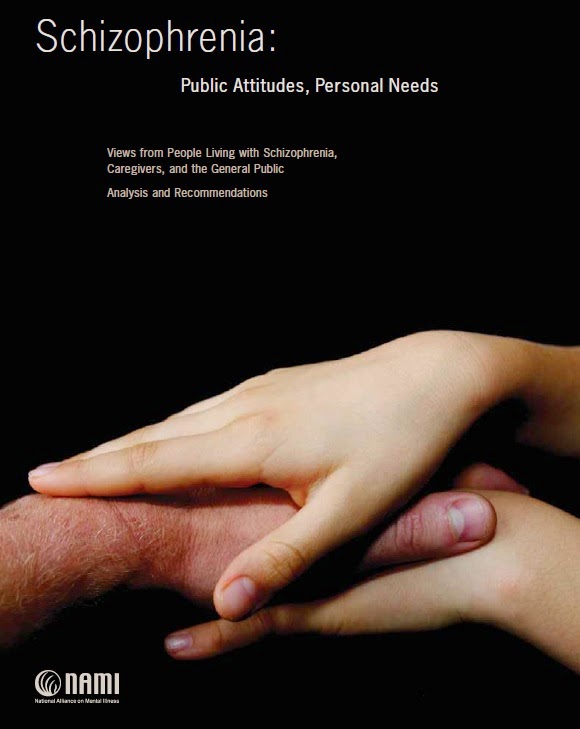 WHO experts remind about this on the eve of World Mental Health Day, which is celebrated on October 10. We are talking about 21 million people diagnosed with schizophrenia. Moreover, such patients live 10-25 years less than the rest of the population. What is the reason? Elena Vapnichnaya talked about this with Vladimir Poznyak from the Department of Mental Health of the World Health Organization.
WHO experts remind about this on the eve of World Mental Health Day, which is celebrated on October 10. We are talking about 21 million people diagnosed with schizophrenia. Moreover, such patients live 10-25 years less than the rest of the population. What is the reason? Elena Vapnichnaya talked about this with Vladimir Poznyak from the Department of Mental Health of the World Health Organization.
*****
VP : This is mainly due to factors such as the high prevalence of smoking in patients with schizophrenia - about two to three times higher than in the general population. This is due to the fact that many patients with schizophrenia spend quite a long time in medical institutions, and even if they are in society, at home, physical activity is often limited. This is often also due to lack of treatment or side effects of medications. I must say that about half of the patients with schizophrenia in the world do not receive treatment due to this condition, while the level, a good level of treatment can ensure not only a normal long life, but also a good quality of life.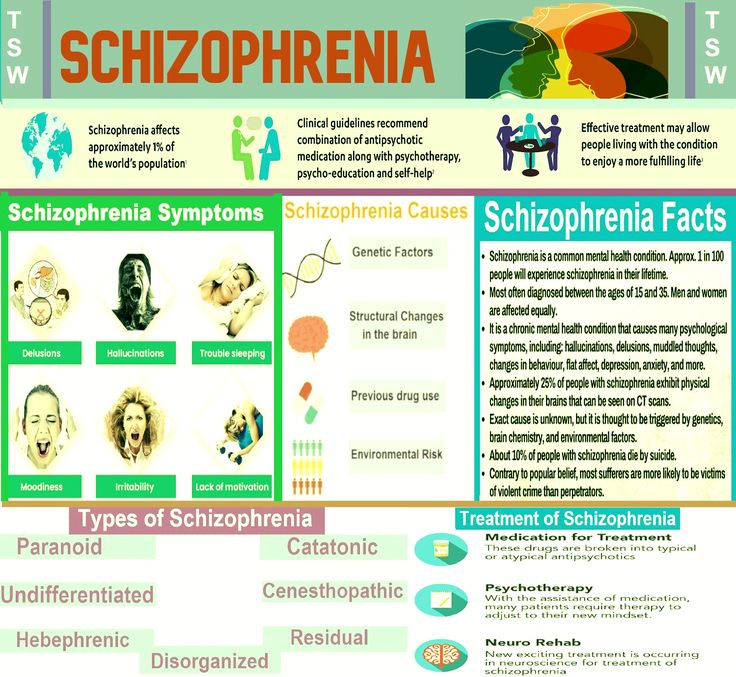 Despite the fact that schizophrenia is a serious disease that causes disability in many cases.
Despite the fact that schizophrenia is a serious disease that causes disability in many cases.
EB : How to recognize this condition, how to understand that you need to seek help, in particular, relatives of these people?
VP: Schizophrenia usually manifests itself with very pronounced symptoms, such as perceptual disturbances in the form of hallucinations, very pronounced wrong ideas about the existing reality, what are called delusional ideas, behavioral disorders, and usually such behavior attracts, of course, the attention of loved ones and consultations with specialists. But a reliable diagnosis of this disease can only be carried out by doctors, in difficult cases - by psychiatrists.
EB : I would suggest that the success of the treatment of schizophrenia depends not only on the availability of good specialists and a well-organized healthcare system, but also on some cultural traditions, on mentality.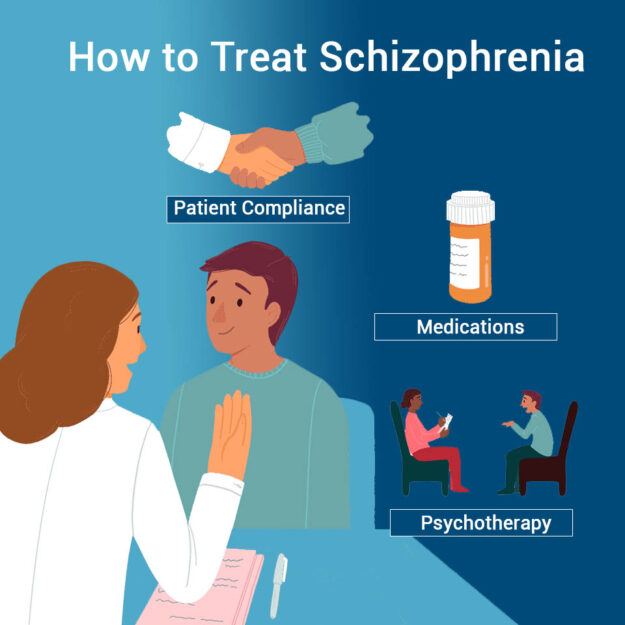 In the countries of the former Soviet Union, mental illness has always been considered something shameful. Do you see any progress in this regard?
In the countries of the former Soviet Union, mental illness has always been considered something shameful. Do you see any progress in this regard?
VP : In society, the attitude towards the mentally ill has changed significantly even in recent times. This is reflected in the fact that fewer and fewer countries provide care for patients with schizophrenia and other patients with serious mental illness in suburban hospitals, in institutions that involve life or long-term stay of patients in these institutions. The most promising forms of care are outpatient forms that allow integrating or at least preventing the patient's disability and allow him to function fully and, at least, at the highest possible level of functioning both in society and in the family.
Much remains to be done for this, because, unfortunately, the attitude of people towards people with schizophrenia still remains stigmatizing, remains dismissive. Unfortunately, there are many countries, many places where people with schizophrenia cannot get proper help for even somatic diseases, just because they suffer from a mental disorder.





